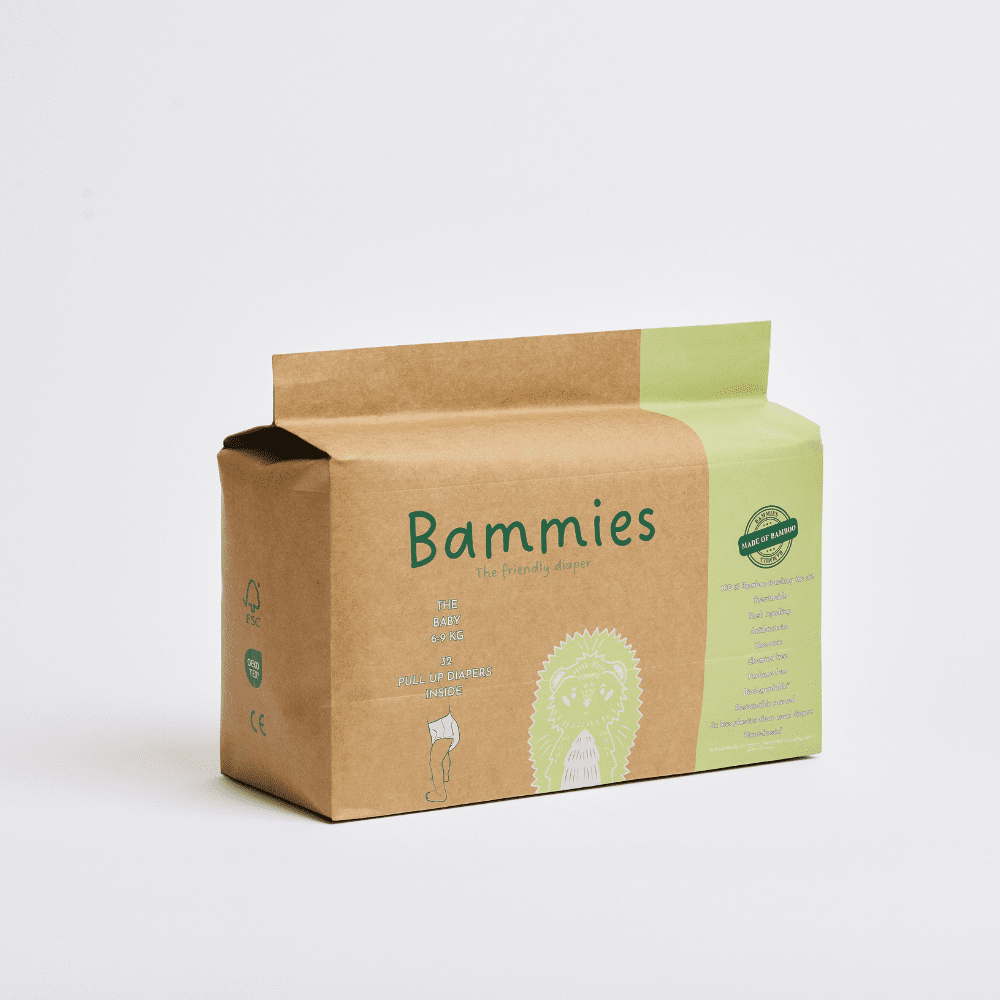Potty training can feel both tedious and difficult, but with the right methods and means, it doesn't have to be very difficult at all. Stopping diapers in time is good for both your child and our environment. Did you know that in 1970, all children were almost out of diapers by the age of 2? Today, many children are diapered up to age 4, largely due to the larger sizes that diaper manufacturers create. We at HumbleBummies only have up to 16 kg and we want to stop there for both the child and the environment. Here are some tips to make potty training easier for you.
Potty training is an important milestone in a child's life and can be both an exciting and challenging period for parents. But have you ever considered starting your child's potty training earlier than usual?
Choosing early potty training is not only a different approach, it is also an environmentally friendly and financially beneficial choice. Let's explore some of the benefits in more detail:
-
Reduced environmental impact : By starting potty training your child earlier, you can reduce the use of disposable diapers and thus reduce the total amount of waste generated. HumbleBummies are already a sustainable alternative to traditional diapers, and early potty training can further reduce your climate footprint.
-
Financial savings : Starting potty training your child earlier can also lead to significant savings for your wallet. By reducing the need for disposable diapers, you save money in the long term and can instead invest in other important expenses for your child's well-being.
-
Enhanced communication : Early potty training can promote communication between you and your child. By encouraging and supporting your child in this process, you can build a stronger and more trusting relationship.
How does early potty training work? While there is no exact science behind it, there are some tips that can help you along the way:
-
Start early : Introduce toileting habits to your child as soon as you notice signs of interest and maturity. It can be as simple as putting them on the potty at certain times of the day.
-
Be patient : Early potty training requires patience and understanding. Be prepared that it may take time and that there will be setbacks along the way. For example, you can keep the nappy on at night to avoid waking up at night and then remove it completely when you notice that the nappy is dry every morning.
-
Provide positive reinforcement : Praising and encouraging your child when they succeed in toileting is important for their confidence and motivation. Motivate with games or small toys when the child succeeds in potty training.
Remember that every child is unique, and there is no right or wrong way to approach potty training. The most important thing is that you create a supportive and loving environment for your child to explore and learn new skills.

